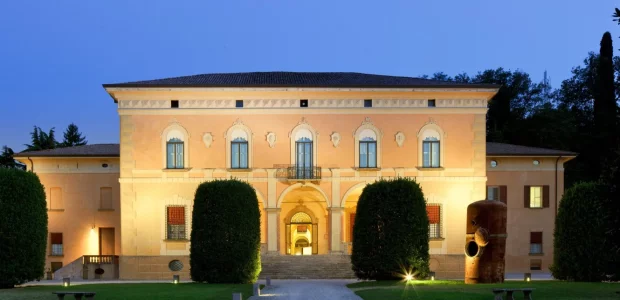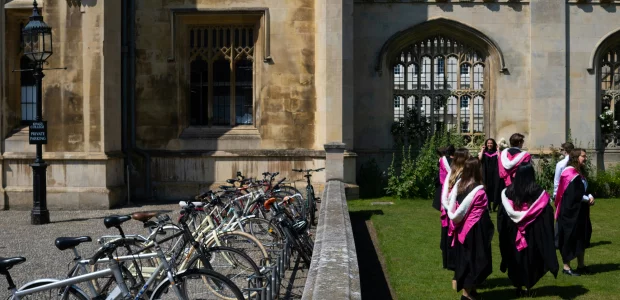
Europe Top MBAs
This challenges the argument that US MBAs are the best, simply because some of them are at the top of the global MBA rankings. Clearly, the discussion about which of the top MBAs – the US or the European – will bring you higher value should go further than just looking at the top of the media rankings.
Diversity is invaluable
European schools boast the most diverse MBA classrooms. It is in European top MBAs such as IMD and INSEAD that one can learn from peers representing 90 nations in a class. This experience is further enriched by a great mix of sectors and industries represented on campus.
The value of the learning experience in an MBA is a based on building on prior experience, and having it challenged through different perspectives, team work and practical projects. How can a huge US classroom with several hundred students (average 280) provide a better environment than the more ‘intimate’ European MBA classes of about 100 diverse students? Small class size naturally facilitates more intense interaction between peers as well as with professors.
Behind the scenes of rankings
Why are there fewer European B-schools in the major global rankings and does this fact diminish the quality of European top MBAs? Let us look in more detail at what these rankings actually measure. In a series of PrepAdviser articles, “Business Schools Rankings – What You Need to Know”, you can find details of the how different rankings are generated, along with a handy comparison of what and when they produce.
“The Economist ranking of full-time MBA programmes, as explained in the methodology section of its website, is based on an initial selection, done by the Economist, of 130 leading business schools around the world. These 130 schools are invited to take part in the survey”, explains one of the articles in the series.
A Forbes article The Ranking of MBA Rankings concludes: “By relying on data points like post-MBA salary, or subjective surveys and self-reported data, we are clearly not in the realms of hard science. And a business school that has a significant percentage of cash-strapped entrepreneurs and graduates heading for the non-profit sector will struggle to compete with schools placing large numbers into finance and consulting.”
The authors of Premiership 2013 add, “BusinessWeek and Forbes assess only a limited number of non-U.S. business schools, while US News does not consider business schools from Europe at all.”
How reputation works
What goes beyond the rankings is reputation. Reputation reflects how an MBA degree from a certain business school is valued by employers, industries or the public. Rankings may influence – to a certain extent – the reputation of a school in terms of public awareness, but certainly less in terms of corporate recruitment. Recruiters are too focused on securing a skilled work-force to pay attention to the vanity created by media rankings.
In addition to MBA holders’ performance in the company, other factors that build business schools’ reputation include the culture they nurture, the understanding of certain regions or industries, etc. Many European schools are highly reputable in certain regions and countries, although they may not be world-known brands such as some US schools.
It is also fair to say that some famous university brands are not built on the quality of their MBA programmes. It is, naturally, their long history and excellent undergraduate programmes that establish the brand. So, simply following a brand is not the best strategy when it comes to deciding in which top MBA to invest time and financial resources.
The essential value of accreditations
Accreditation may be the only ‘empirical’ criterion for the quality of top MBA programmes. It is a comprehensive review of the quality of programmes, conducted by experts external to the school. Accreditation is granted for a certain period after which a new review is conducted. This ensures that business schools strive to retain the high standard awarded and improve the quality of programmes which they offer.
“Accreditation represents the highest standard of achievement in postgraduate business education” defines AMBA. The Association of MBAs (AMBA), based in London, is one of the three major bodies which accredit schools which provide business degree programmes along with The Association to Advance Collegiate Schools of Business (AACSB), based in Tampa, FL, USA; and The European Quality Improvement System (EQUIS), based in Brussels.
However, there is even more beyond accreditation. Multiple accreditations are clearly an indicator of superb programme quality and global recognition. There about 60 institutions which are accredited by the three major agencies – AACSB, AMBA, EQUIS. Contrary to the media rankings, the triple accreditation list is heavily dominated by European business schools. What better illustration can we have of the value and quality of their MBA programmes?
Don’t forget that the intention of our Debate of the Month is to offer you current trends and up-to-date statistics and facts about each topic that we choose. But it is you who will help us determine the winner of each debate! Ask questions below each article and share your opinion because your contribution counts!
Read the opinion of the opponent in "US Business Schools Dictate the Quality of Top MBAs"
Check out all debate topics at American vs European MBAs.


Comments